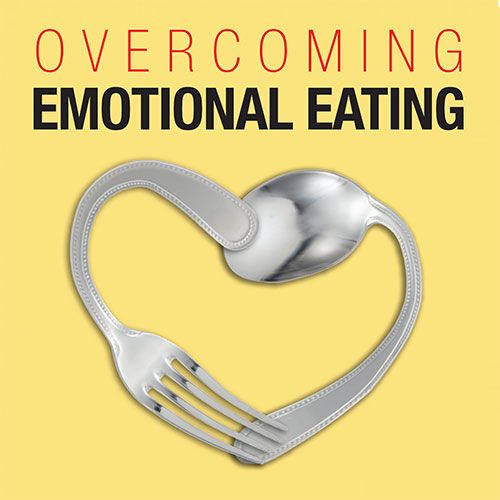Emotional eating is a common struggle for many individuals, especially in today’s fast-paced and stressful world. Turning to food as a source of comfort or stress relief can quickly lead to unhealthy eating habits and weight gain. However, it is possible to overcome emotional eating by implementing strategies to cope without turning to food. In this article, we will discuss effective ways to manage emotions and cravings without relying on food.
Identify Triggers
The first step in overcoming emotional eating is to identify the triggers that lead to this behavior. These triggers can vary from person to person and may include stress, boredom, loneliness, or sadness. By recognizing these triggers, you can learn to anticipate and address them before they lead to emotional eating.
Find Alternative Coping Mechanisms
Once you have identified your triggers, it is important to find alternative coping mechanisms to deal with difficult emotions. Instead of turning to food, try engaging in activities that help you relax and unwind, such as meditation, yoga, exercise, or talking to a friend. Finding healthy ways to cope with your emotions will help prevent emotional eating in the long run.
Practice Mindful Eating
Another effective strategy for overcoming emotional eating is practicing mindful eating. This involves paying attention to what you are eating, how it tastes, and how it makes you feel. By being present and mindful while eating, you can better control your cravings and avoid overeating due to emotional triggers.
Seek Professional Help
If you find that emotional eating is becoming a persistent issue that is affecting your health and well-being, it may be helpful to seek professional help. A therapist or counselor can provide valuable insights and strategies for managing emotions and coping without turning to food. Additionally, a nutritionist or dietitian can help you develop a healthy eating plan that meets your nutritional needs without resorting to emotional eating.
Build a Support System
Building a strong support system can also be beneficial in overcoming emotional eating. Surround yourself with friends, family, or support groups who understand your struggles and can offer encouragement and guidance. Having a support system in place can help you stay accountable and motivated in your journey to break free from emotional eating.
Practice Self-Care
Finally, practicing self-care is crucial in overcoming emotional eating. Take time to prioritize your physical and mental well-being by getting enough sleep, exercising regularly, and engaging in activities that bring you joy. By taking care of yourself, you can better manage stress and emotions without turning to food for comfort.
In conclusion, overcoming emotional eating is a challenging but achievable goal with the right strategies in place. By identifying triggers, finding alternative coping mechanisms, practicing mindful eating, seeking professional help, building a support system, and practicing self-care, you can break free from the cycle of emotional eating and develop healthier habits. Remember that you are not alone in this journey, and with determination and support, you can overcome emotional eating and lead a happier, healthier life.

